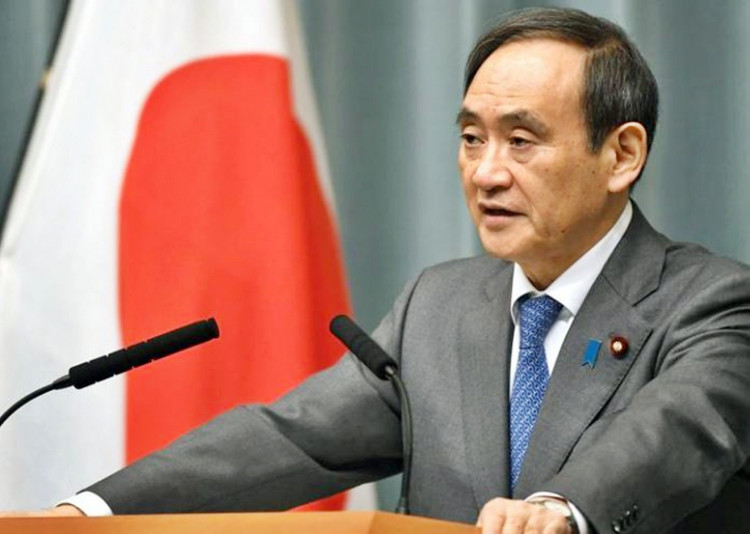Prime Minister Yoshihide Suga Saturday affirmed the postponed Tokyo Olympics will be held in 2021 amid strict COVID-19 prevention measures in his first major international statement as Japan's new leader.
The 2021 Summer Olympic Games will be held from July 23 to August 8, 2021, while the Paralympics will take place from August 24 to September 5. The 2020 Summer Games were postponed last March as COVID-19 began its march around the world.
There are currently 33 million confirmed cases worldwide, of which 80,000 are in Japan. The country is the 45th most infected country in the world, according to Worldometers data.
Speaking before the United Nations General Assembly, Suga emphasized Japan wants to hold the Summer Olympic Games and Paralympics Games to prove that humanity has defeated the COVID-19 pandemic. The Tokyo Games, however, will much simpler and cheaper than the original Games that should have been held in July.
"Japan is determined to host the Tokyo Olympic and Paralympics Games as a proof that humanity has defeated the pandemic," said Suga at the General Assembly. "I will continue to spare no effort in order to welcome you to the games that are safe and secure."
Suga's speech before the United Nations was his first international address since he became prime minister last week. His speech reaffirms recent statements by ranking Japanese government officials and those from the International Olympic Committee (IOC) the Games are a go for 2021.
On Friday, IOC Vice President John Coates said "this has to happen."
The health and safety of athletes, organizers and guests from Japan and around the world are paramount, according to the Japanese government and the IOC. Medical experts concur in their assessment that COVID-19 will still represent a danger in the summer of 2021. The hope is the new COVID-19 vaccines will help mitigate this threat somewhat.
Japan and the IOC haven't made a decision on how many tests athletes will have to undertake while in Japan for the Olympics and Paralympics.
Under a proposal still under review, athletes won't have to undergo a two-week quarantine period. They will, however, have to submit an activity plan indicating their proposed destinations, including competition and training venues.
A few days ago, Tokyo Olympic organizers said they will require athletes to submit to COVID-19 tests before and on arrival in Japan. Japanese athletes and other participants living in Japan will face the same requirements, according to draft measures still being discussed.
Organizers said they haven't made a decision on spectator numbers, or if athletes will be kept in a bubble away from the public like in the NBA.
"Athletes should be protected, and by contacting the public the athletes might spread COVID-19," said Tokyo 2020 CEO Toshiro Muto. "That is a possibility."
Muto hopes there will be more concrete plans in place by mid-December. He said many discussions need to be held with the IOC, international sporting federations and national Olympic committees.






